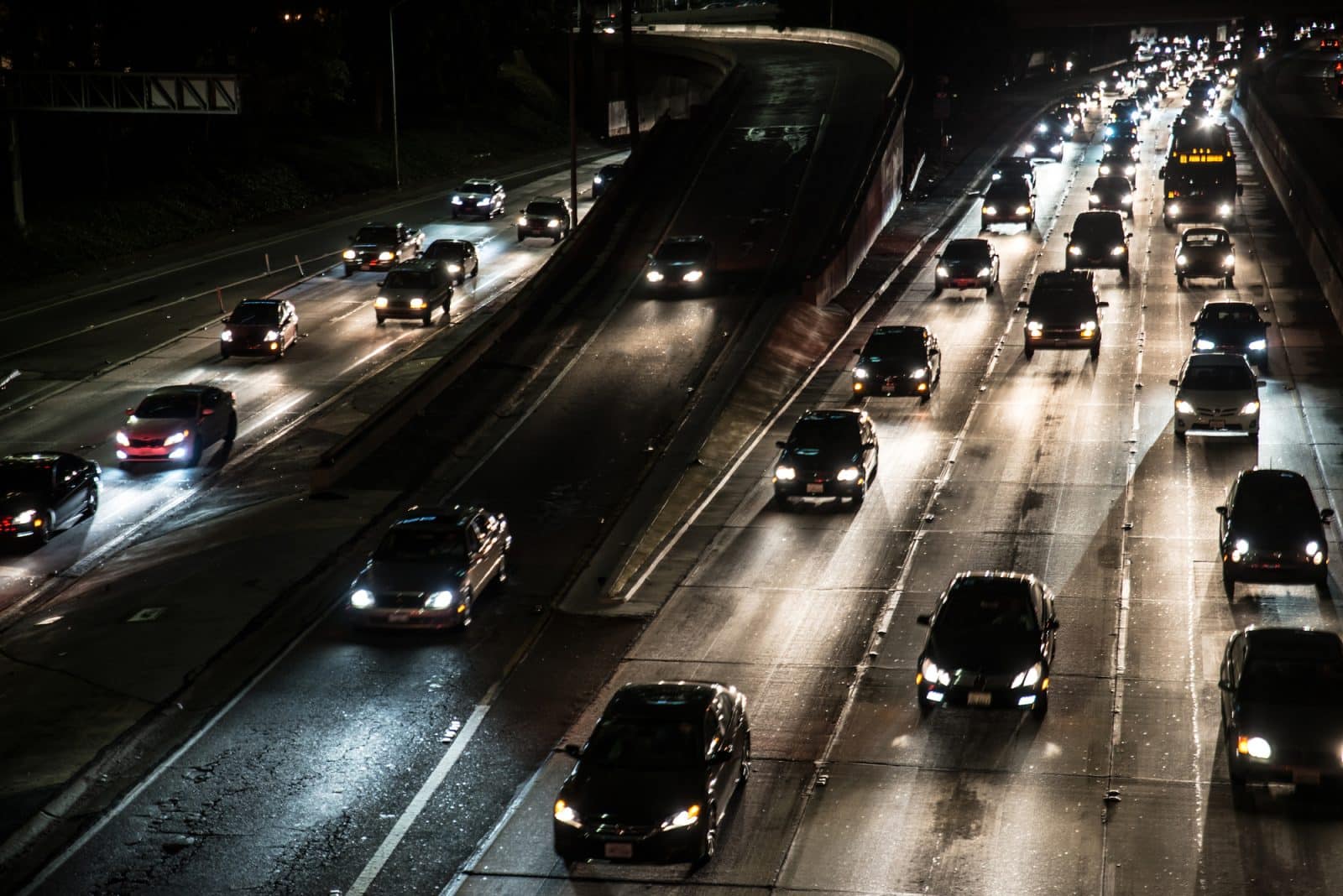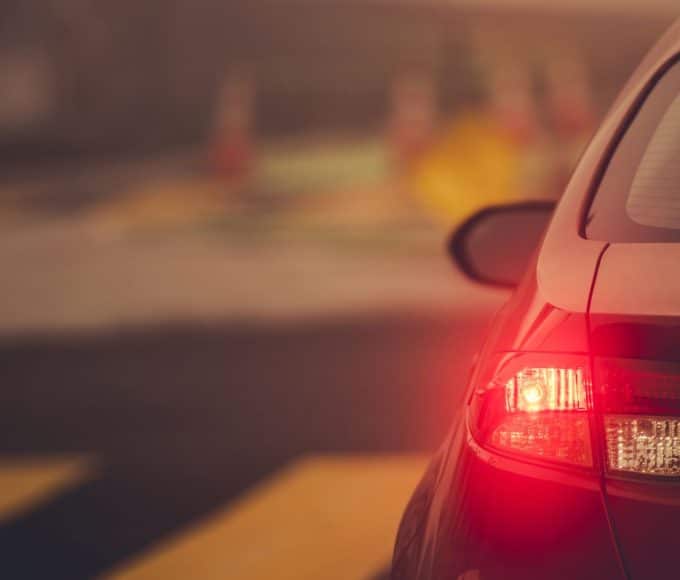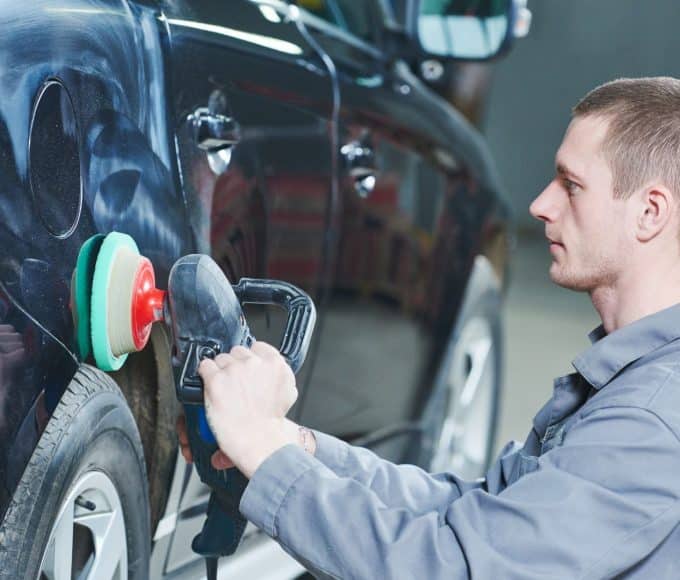Not all of us stay tucked away in our homes by the time the sun goes down. In fact, some of us may still be out and about running errands or driving back from a late-running shift. But just because there are fewer people on the road, it doesn’t mean being on the road at these hours is safe. Nighttime driving poses a series of unique threats that all vehicle operators need to account for if they want to make it home safely. Use these safety tips for driving in the dark to make sure you know exactly how to keep yourself protected.
Check Your Headlights and Taillights
The first thing you should do before getting behind the wheel at night is to make sure your lights are all working properly. Though most urban areas have street lights to increase your visibility at night, you never know when you could drive through a particularly dark location. These lights both allow you to see what’s in your path and help other cars notice you. This can go a long way in reducing your risk of an accident.
Increase Your Distance Between Vehicles
You’ll also want to maintain a larger distance between you and other vehicles around you. Since it’s harder to see road hazards at night, the car in front of you may need to stop suddenly. When this happens, the last place you want to be is bumper to bumper with them. So, keeping back a few extra feet can give you the time you need to stop on a dime.
Fight off Fatigue and Distraction
Another vital tip to keep in mind is the likelihood of developing fatigue or becoming distracted while driving. Because our natural sleep-wake cycle dictates that we rest after dark, it’s a lot easier for you to feel tired once the sun goes down. This increases your chances of falling asleep at the wheel or losing focus and staring off into space. Distraction is even one of the main causes of auto accidents in general. For this reason, make sure you’re doing your best to stay awake if you know you’ll be driving at night.
Be Prepared for an Unexpected Accident
The most important safety tip for driving in the dark is to know what action to take following an accident. While we always want to avoid collisions, this isn’t always possible when driving at night, as hazards are much harder to see before it’s too late. As such, having a game plan for these incidents could be instrumental in saving your or someone else’s life. Start by determining which police precinct to contact and follow up by reaching out to a personal injury lawyer. Filing a claim will be especially key should the other party be under the influence at the time of the crash.















